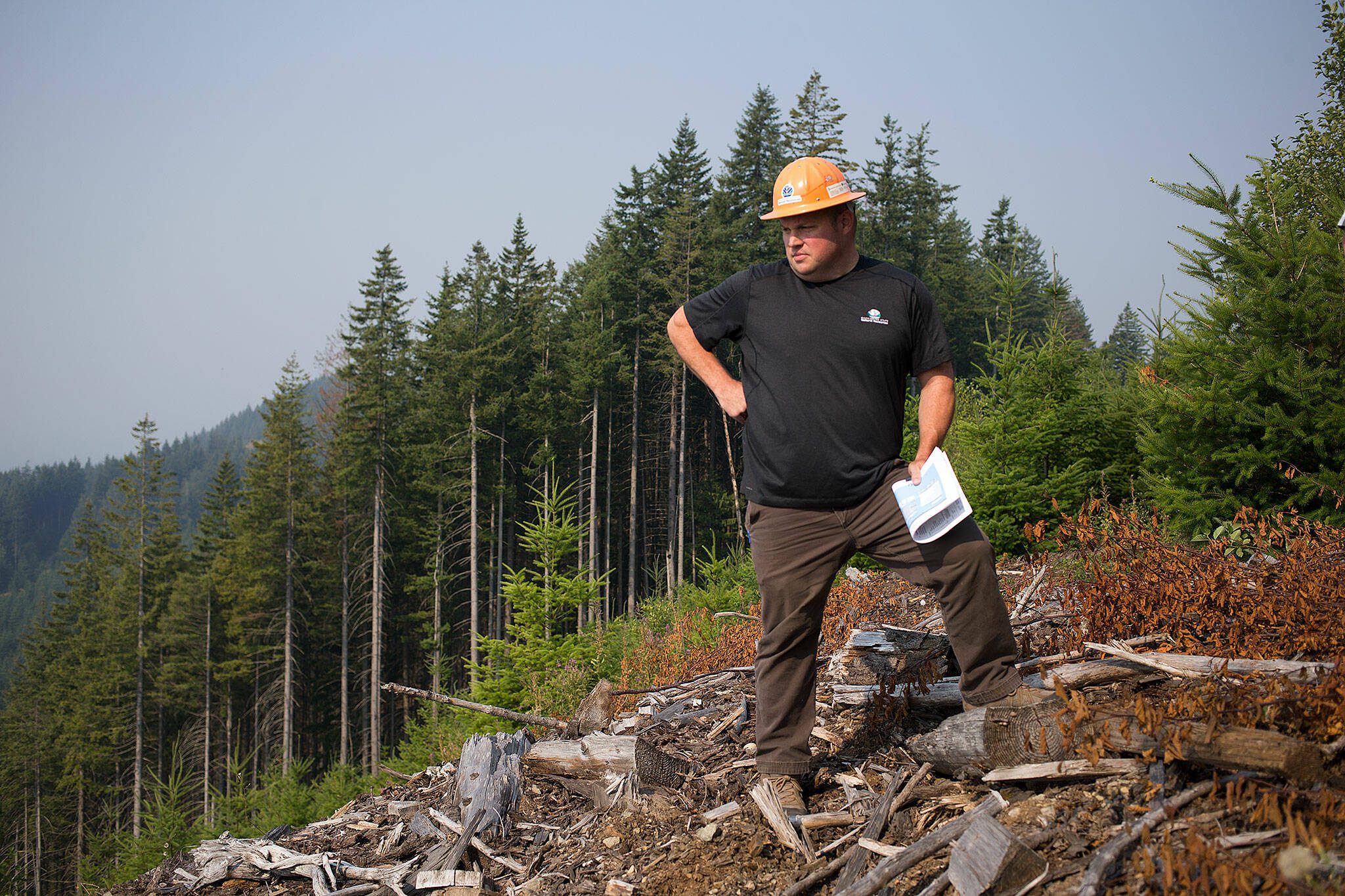By Kenneth MacDicken / Herald Forum
Opinions are too often confused with facts. A coalition of well-meaning citizens objects to the harvest and management of forest lands in Snohomish County; primarily lands that were granted to the Department of Natural Resources many decades ago to manage in trust for local tax districts (“To speak for trees, Snohomish County activists arm themselves with data,” The Herald, July 26).
This was done then because counties had little capacity to manage these forests and as a result, unmanaged harvest and forest conversion to other land uses was threatening the long-term existence of these forests.
Recently two letters to the editor gave two different views of how forests should be managed. One view would like state Department of Natural Resouces-managed harvest to stop; presumably with the lost revenue, timber supply and jobs that would occur replaced somewhere else: harvesting in another location or raising state revenue to cover tax losses. This view neglects to consider fire risk in over-mature forests and the difficulty of managing fires in areas with no road networks.
If you did not like the smoke, forest damage and road closures from the Bolt Creek fire last year, leaving the forest on its own will bring more of the same as climate extremes increase. The nostalgia of allowing all commercial forest to transition into old-growth over hundreds of years is understandable. Walking through old growth is an awesome experience and enjoyed by too few in our society. On the other hand, wishful thinking without many facts is often risky. Protecting true old-growth forest is a great idea; but nearly all of the accessible forest in Snohomish County is secondary forest that has been harvested at least once over the last 100 years or so. It is not old growth.
The other letter points out the the dangers of putting out ill-informed messages about forest management as opposed to relying on forest science and professional managers to guide policy. If the state chooses to fund schools, fire departments and libraries from sources other than timber sales that would be an important step in reducing the pressure to harvest lands for local tax revenue and increase the opportunity for the DNR to manage these lands to maximize value for multiple uses.
I agree with one letter that the U.S. Forest Service moved away from most timber harvest on national forest lands and as a result, many of these forests are now in sad shape. The DNR has a lot of skilled professional foresters who deserve more credit than they get from many activists. They work hard to provide a sound, accurate description of the lands they manage and they use best practices to manage them as per their mandate.
Questioning public land management decisions is a right that must not be lost. At the same time, knowing the facts and working with professional foresters to find solutions to future forest management challenges is likely to be much more productive for the forests around us and for future generations who will need to live with the decisions taken in the coming years.
Kenneth MacDicken lives in Monroe.
Talk to us
> Give us your news tips.
> Send us a letter to the editor.
> More Herald contact information.

























